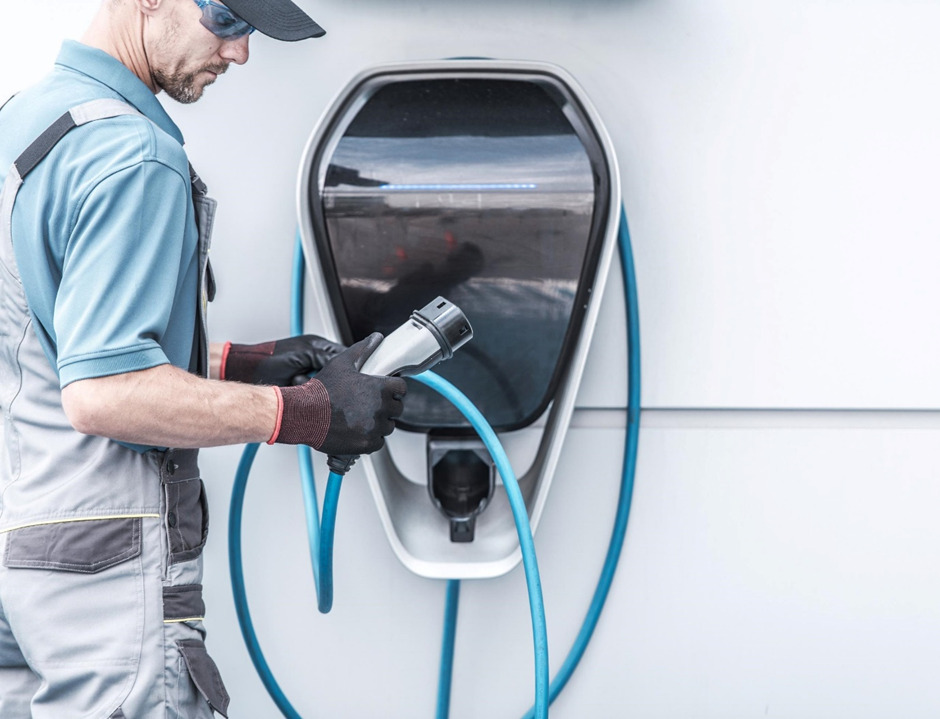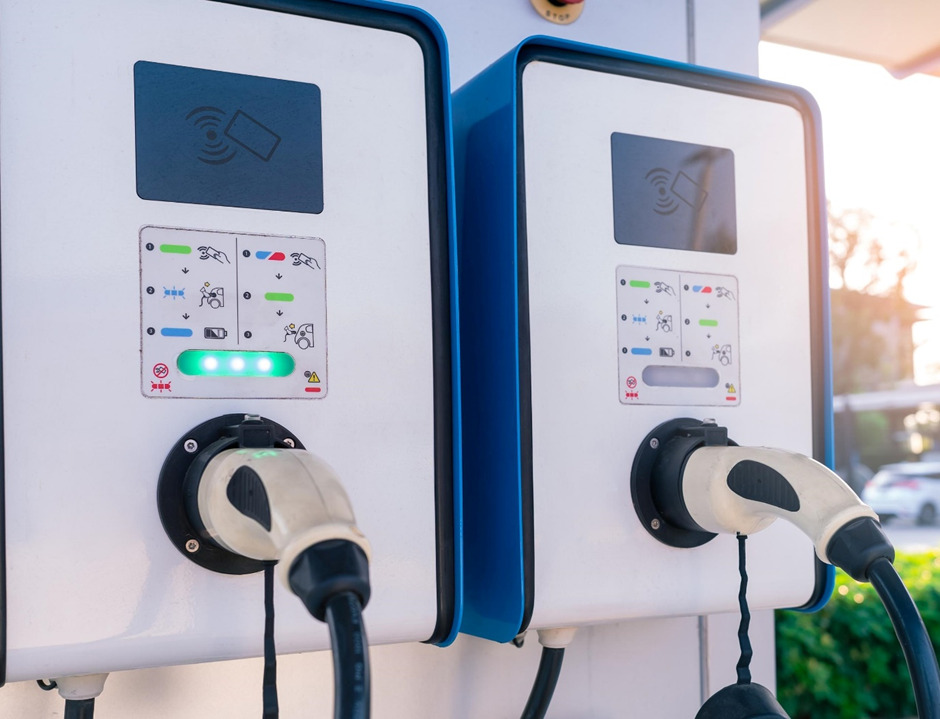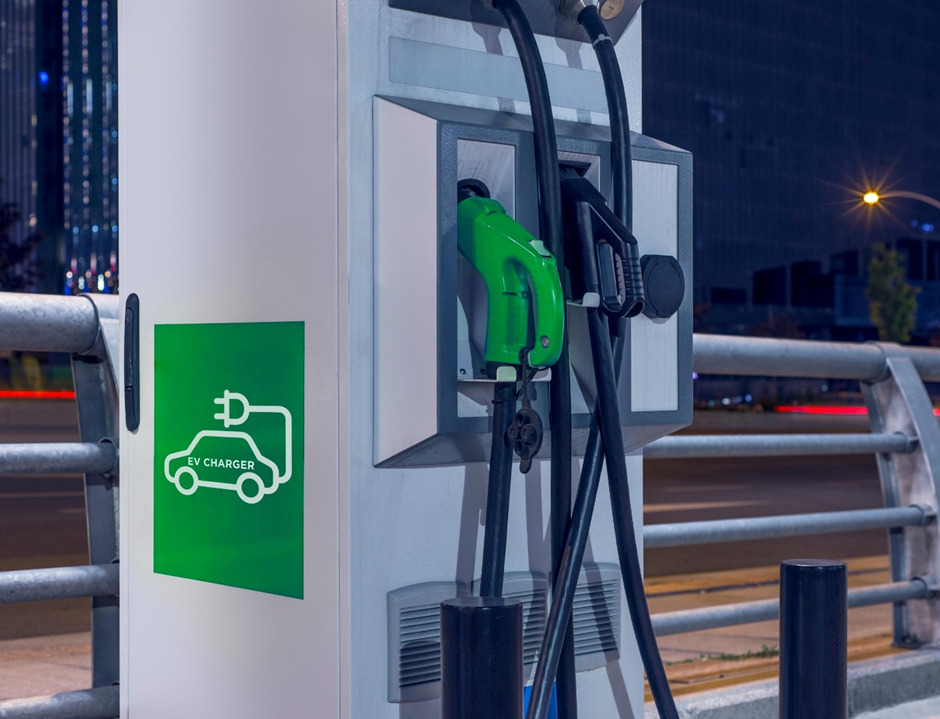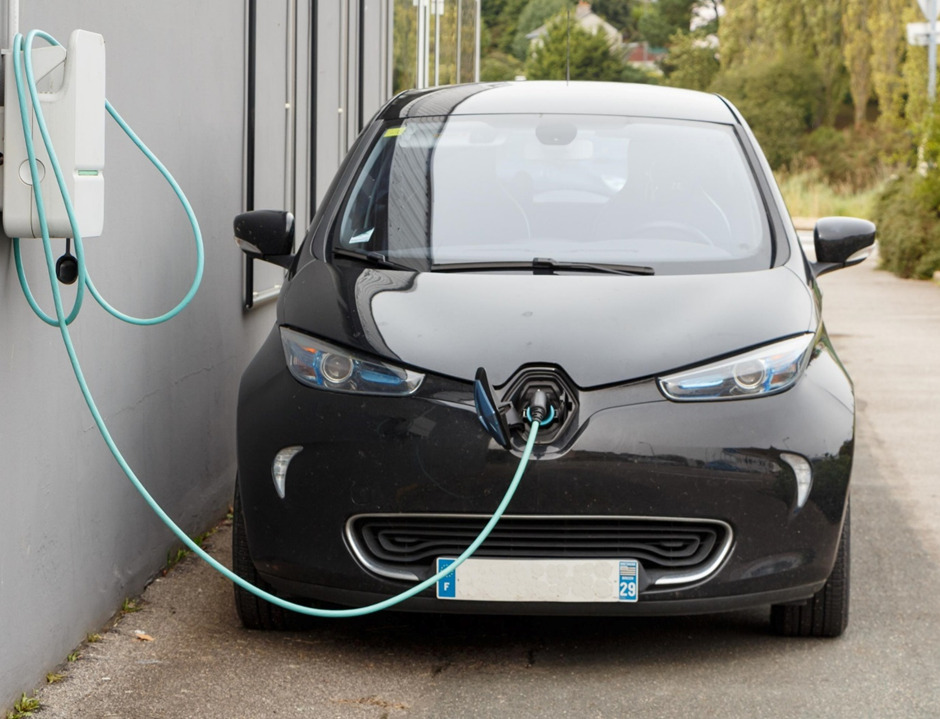
Electric cars are becoming more and more popular as people become more and more environmentally conscious. However, one of the main issues with electric cars is that they rely on charging stations to keep them powered up. This can be a problem if you don’t live in a city with lots of smart charging stations or if you’re travelling and don’t know where to find one.
That’s why it’s important to know how to install an electric vehicle charger in your home. That way, you’ll always have a place to charge your car, no matter where you are.
Installing an electric vehicle charger is not as difficult as it may seem. In fact, it’s a pretty simple process that anyone can do by hiring a qualified electrician. Here’s a step-by-step guide to installing an electric vehicle charger in your home.
Step One: Choose the Right Location
The first step in installing an electric vehicle charger is to choose the right location. You’ll want to find a spot where your car can easily pull up and park and where the charger will be close to an outlet. You’ll also want to make sure that the area is well-lit and free of debris.
To find a suitable permanent structure, it’s a good idea to talk to your electrician. They’ll be able to help you choose a location that’s safe and easy to use. When choosing the right location, make sure to:
- Take into account the type of charger you’re using: It’s important to choose a location that’s compatible with the type of charger you’re using. Some chargers need to be plugged into a 240-volt outlet, while others can work with a standard 120-volt outlet.
- Consider the length of your charging cord: You’ll want to make sure that your charging cord is long enough to reach from your electric car to the outlet. Generally, a charger with a longer cord is more convenient.
- Think about the weather: You’ll want to make sure that your charger is protected from the elements. If you live in an area with extreme weather conditions, you may want to consider installing your charger in a garage or carport on a brick or plaster wall.
- Find a spot that’s close to an electrical outlet: This will make it easier to plug in and charge your electric car.
Step Two: Prepare the Area
Once you’ve chosen the perfect location for your charger, it’s time to prepare the area. This step is important because it ensures that your charger will be installed properly and safely.
To prepare the area, you’ll need to do the following:
- Clear away any debris: This includes leaves, twigs, and stones. You’ll also want to make sure that the area is clear of any flammable materials.
- Remove any obstacles: If there’s anything in the way of your charger, you’ll need to move it. This could include lawn furniture, planters, or even parked cars.
- Make sure the area is level: An uneven surface could make it difficult to properly install your charger.
- Dig a hole for the charger: If you’re installing a ground-mounted charger, you’ll need to dig a hole. The hole should be big enough for the charger and the electrical conduit.
Step Three: Choose the Type of Charger

There are two main types of electric vehicle chargers: slow & fast charging and rapid charging. Slow & fast charging connectors are further divided into two subcategories—type 1 and type 2 chargers.
- Type 1 Connector: With 3.7kW and 7kW of power, this is the standard charger for electric vehicles. It’s the most common type of charger and can be found at most public charging stations. This connector is more powerful than a standard type 1 connector, with 7kW of power. It’s typically used for faster home charging. The approximate ranges are 12.5 miles and 25 miles per hour overnight charging, respectively.
- Type 2 Connector: The type 2 connector is the most common type of home charger for electric vehicles. It’s also the standard charger for public charging stations. This connector is more powerful than a standard type 2 connector, with 3.7kW, 7kW, and 22kW (three-phase) of power. The approximate ranges are 12.5 miles, 25 miles, and 75 miles per hour charging, respectively.
On the other hand, rapid charging connectors are further categorised into three types; CHAdeMO, Combined Charging System (CCS), and Type 2 connectors.
- CHAdeMO: This is the original DC connector that can offer rapid charging of up to 50kW. For example, Nissan LEAF can be charged from 20-80% in around 30 minutes using this method.
- CCS: The Combined Charging System (CCS) is a newer technology that offers even faster-charging speeds than CHAdeMO. It is also the most powerful DC connector currently available, with some models offering up to 350kW of power.
- Type 2: Type 2 connectors are primarily used by Tesla Superchargers, which offer up to 250kW of electricity supply. However, other manufacturers are beginning to adopt this standard as well.
When choosing the right electric car charging point for your needs, it’s important to consider the following factors:
- The type of vehicle you have: Not all electric vehicles are compatible with all types of chargers. Make sure to check what type of electric vehicle charge point is compatible with your electric car.
- Your electric car charging needs: Are you looking for a charger that can provide a quick charge or a slower charge? Consider how often you’ll be using the charger and how long you need to charge your car to reduce the consumption of energy usage.
- Your budget: The price of electric vehicle chargers can vary depending on the type, power, and features. Set a budget for yourself and shop around for the best deal.
If you’re having trouble deciding which charger is right for EV drivers, don’t hesitate to ask for help from an electrician. Our team can help you find the perfect electric vehicle homecharge scheme for your needs.
Step Four: Get the right EV accessories
In order to properly install your electric vehicle charger, you’ll need a few supplies and accessories. Here’s a list of what you’ll need:
- An EV-compatible charger: As we mentioned before, not all chargers are compatible with all types of electric vehicles. Make sure to get the right charger for your car.
- An EV-compatible outlet: Most homes are not equipped with the right type of outlet for electric vehicles. You’ll need to install a dedicated circuit for your charger.
- An EV-compatible cable: Once you have the right charger and outlet, you’ll need an EV-compatible cable to connect them.
- An EV-compatible connector: In order to connect your charger to your electric car, you’ll need the right connector.
Step Five: Hire a professional for installation
While it’s possible to install an electric vehicle charger on your own, we recommend hiring a professional electrician. Electric vehicle chargers must be installed correctly in order to work properly and avoid hazards. A professional electrician will have the knowledge and experience necessary to ensure that your charger is installed correctly and safely.
Hiring a professional also has another benefit: most electricians offer a warranty on their work. This means that if something goes wrong with your charger, you can contact the electrician to have it fixed or replaced.
When hiring an electrician, be sure to ask about their experience installing electric vehicle chargers. Make sure they are licensed and insured and ask for references from past clients. Once you’ve found the right electrician, be sure to get a written estimate for the cost of the installation process.
Hiring an electrician is the best way to ensure that your electric vehicle charger is installed correctly and safely. Our team of certified electricians has years of experience installing EV chargers in homes and businesses. We offer a warranty for what we do, so you can be sure that your charger will be installed correctly.
Why Choose Us?
Orsidaen Electrical Services is the leading provider of electric vehicle charger installation in Winchester, Hampshire, UK. We offer a wide range of services to meet your EV charging needs, including:
- EV Charger Installation: We offer a variety of electric vehicle chargers for homes and businesses. Our team of certified electricians can help you find the perfect charger for your needs and install it correctly.
- EV Charger Repair: If you have an electric vehicle charger that isn’t working properly, we can help. Our team of certified electricians can troubleshoot the problem and make the necessary repairs.
- EV Charger Maintenance: We offer a variety of maintenance services to keep your charger in good working condition. We can clean your charger and make sure that it is properly maintained.
- EV Charger Inspection: We offer an inspection service to make sure that your charger is installed correctly and safely. We will check for any hazards and make sure that your charger is working properly.
Step Six: Testing your new EV charger installation

Once your new electric vehicle charger is installed, it’s important to test it to make sure that it’s working properly. Here’s how to test your charger:
1. Park your car in the garage or in a well-lit area.
2. Make sure that the charger is plugged into the outlet and that the cable is properly connected to the charger and your car.
3. Turn on the charger.
4. Check the charging indicator light on your car to make sure that it’s working properly.
5. If the light is not working, contact us for assistance.
After your charger is installed and working properly, you can start charging your car. Be sure to read the instructions that came with your charger to learn how to properly charge your car.
Step Seven: After Installation
Once your electric vehicle charger has been installed, there are a few things you’ll need to do to keep it in good working condition. Here are a few tips:
- Inspect your charger regularly: Check the cords, connectors, and outlet for any damage. If you notice any damage, contact an electrician to have it repaired or replaced.
- Keep your charger clean: Dust and dirt can build up on your charger, which can eventually lead to damage. Use a soft cloth to dust your charger regularly.
- Avoid using extension cords: Extension cords are not meant for long-term use and can eventually lead to damage. If you need to use an extension cord, be sure to unplug it when you’re not using your charger.
- Don’t overload your charger: Only use your charger to charge one electric vehicle at a time. Overloading your charger can cause damage—you can check using mobile apps like the Pod Point app.
- Contact an electrician if you have any problems: If you have any problems with your charger, contact an electrician for help.
Following these tips will help you keep your charger in good working condition for years to come.
Step Eight: Troubleshooting
If you have any problems with your electric vehicle charger, there are a few things you can do to troubleshoot the problem. Here are a few tips:
- Check the cords and connectors: Make sure that the cord is properly plugged into the outlet and that the connectors are securely attached to the charger and your car.
- Check the outlet: Make sure that the outlet is working properly. You can test this by plugging in a lamp or other appliance.
- Check the charging indicator light: If the light is not working, us for assistance.
If you are still having problems with your charger, contact an electrician for help.
How Much Does It Cost to Install an EV Charger in Winchester, Hampshire, UK?

The cost of installing an electric vehicle charger in Winchester, Hampshire, UK, will vary depending on a number of factors. These include the type of charger you choose, the size of your home, and the complexity of the installation. Generally, you can expect to pay between £800 and £1,100 for an electric vehicle charger installation.
To get an accurate estimate of the cost of installing an electric vehicle charger in your home, we recommend that you contact us for a free consultation. We will be able to assess your needs and provide you with an estimate of the cost of installation of a home charging point.
The Bottom Line
Installing an electric vehicle charger in your home is a great way to reduce your carbon footprint and save money on fuel. If you’re considering installing a charger, be sure to choose a reputable company like Orsidaen Electrical Services to do the job. We offer a variety of services to help you keep your charger in good working condition, including inspection, cleaning, and maintenance. Contact us today to learn more about our services or to schedule an appointment.
